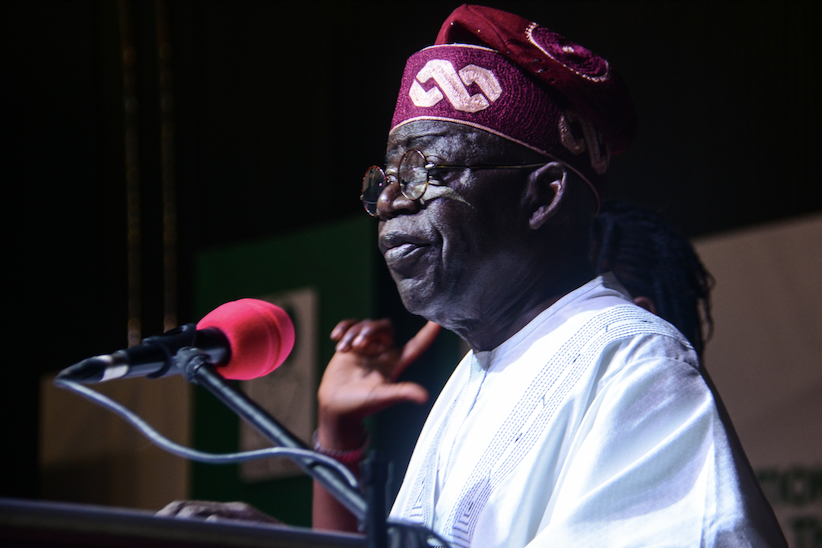
Nigeria’s newly sworn President Bola Tinubu has ended a national fuel subsidy programme as the government attempts to handle the more than $6bn debt it owes state-owned Nigerian National Petroleum Company (NNPC).
Removing the subsidy was part of President Tinubu’s campaign promises. However, the last time such a move was made, in 2012, it led to protests and mass social unrest in the country.

Discover B2B Marketing That Performs
Combine business intelligence and editorial excellence to reach engaged professionals across 36 leading media platforms.
In 2022 alone, the subsidy payments cost NNPC more than $10bn. The company was increasingly reluctant to absorb the shocks of preserving one of the lowest fuel prices in the world.
On 29 May, after his election in February, Tinubu announced there was no provision for a subsidy in his proposed budget. “[The] fuel subsidy is gone,” reported Reuters. The NNPC welcomed Tinubu’s move.
The official pump price of petrol is now expected to rise from N185 ($0.40) to as much as N550 ($1.18). After Tinubu’s speech, motorists began queuing outside petrol stations that had already raised fuel prices in anticipation.
Why is the fuel subsidy a debated issue in Nigeria?
Nigeria’s oil is refined in Europe and imported back to the country, increasing its cost at the pump. The government cushioned these costs by introducing a subsidy, as the retail cost of fuel determines the prices of other goods and services in Nigeria. The first subsidies were introduced in the 1970s when global oil prices began to rise.

US Tariffs are shifting - will you react or anticipate?
Don’t let policy changes catch you off guard. Stay proactive with real-time data and expert analysis.
By GlobalDataOver the years, subsequent governments failed to remove the subsidy as it was wildly popular among the people. This led to a heavy debt burden on the government. Currently, the NNPC says it was spending N400bn ($867m) every month to subside the petrol price.
In 2015, former president Muhammadu Buhari referred to the subsidy as “fraud” even though his government spent N11.7tn ($26bn) from 2016-23 rolling out the scheme.
The Buhari government left a total debt of N77tn ($167bn) and 96% of the government’s revenue being used to service the debt. “Since you cannot pay, you cannot expect NNPC to continue to carry it,” NNPC CEO Mele Kyari told reporters in Abuja following Tinubu’s appointment.





